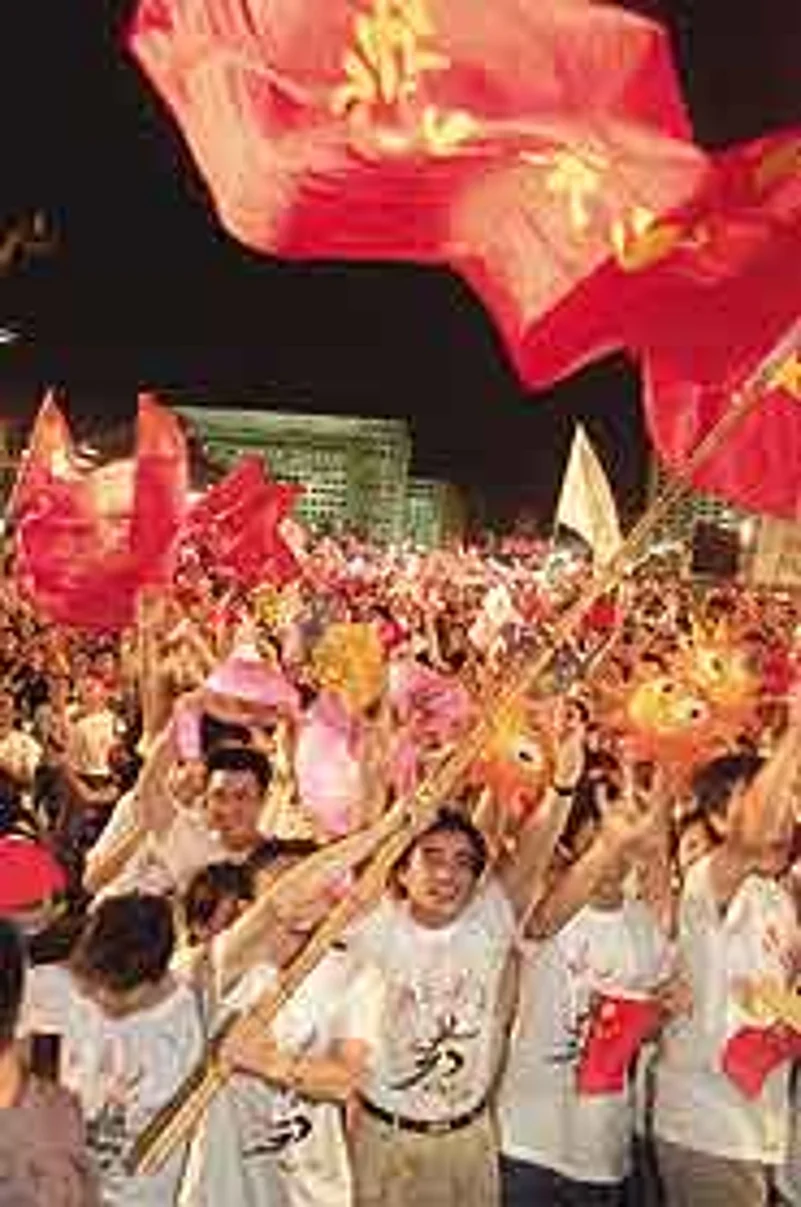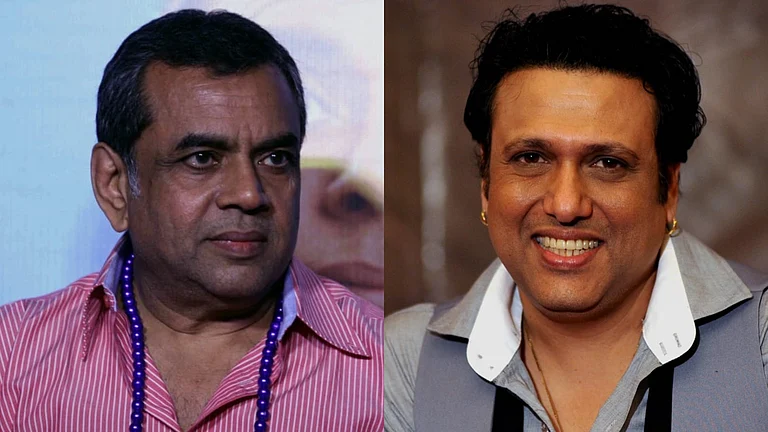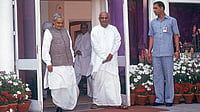How has the print media changed between your times and the present?
The most striking change has been its conversion from a cottage industry to a part of the big corporate sector. The second is the emergence of television as a main rival in the market. This is all the more significant because television not only provides news on tap all hours of day and night, but also takes the audience to see events as they happen on the spot. It would be natural in view of this change that print journalism should concentrate more on seriously interpreting news to make the reader understand the wider implications of big events transforming life. The third factor altering the shape of the media is globalisation, which is today transforming the texture of life in every country of the world. The result is that the media has become increasingly part of the entertainment industry. For the print media particularly, this change has had dangerous implications.
What are those?
One grave implication is that market forces have increasingly driven the print media. It has shifted the balance of power in running the print media from the editorial room to the marketing manager. This is indeed a change not only confined to the media—as aBBC commentator pointed out the other day—but the entire publishing industry. This is to some extent understandable because the economics of the print media is determined by the degree of success in the struggle for a share not only in the market for news, but also a share in the advertising revenue.
Has the role of the editor also changed in such circumstances?
When I joined my first paper, Hindustan Times, as a sub-editor in 1934, the editorial policy issues were very simple. Either you supported the nationalist movement or the colonial rule. As regards the national economy, the only question was the need for a more rapid growth of the industry and a more equitable field for trade. The nationalist press as a whole was opposed to the privileged place for the British imports.
The editorial policy issues today have become much more complex. The caste and ethnic divides have become sharper, the space for the national parties is shrinking in every part of the country. The economic choices have also become far more difficult. While liberalisation has its great advantages in attracting foreign investment, of which all developing countries are in desperate need, it widens income disparities and social discontent. Simply because the technological upgrading of industries, if they have to be competitive in the global market, requires a smaller labour force. The trouble with the print media today, in my opinion, is neither related to the competition for a larger share of readership nor the available share of advertisement, but the lack of realisation of the importance to interpret news in a way that will explain to the readers the difficulties before them and put every contentious issue in a wider perspective.
What do you think newspapers should do to explain or interpret news better?
The big newspapers can afford to have full-time correspondents in our neighbouringcountries.They should develop expertise in say the Chinese language, economy, politics, labour laws and social policy. They should be able to give an idea to the public on how the Bangladesh and Pakistan economies are shaping. What makes the Chinese economy sustain its high rate of growth and invest each year about seven times as much capital in infrastructure than India, and what makes that country a more attractive destination for foreign investors. But none of our newspapers devotes enough space to these matters. Their recipe for larger circulation is making news coverage more jazzy, giving more and more space to trivia on celebrities in the world of mass entertainment, fashion and sports. The print media, in my opinion, has failed to fulfil its obligation of educating the public. They should invest more in gathering news.
I remember, in 1967, I was invited by Asahi Shimbun, a leading Japanese newspaper of the time, with four other editors from abroad, for a seminar on Vietnam and the Chinese Cultural Revolution. On my way to Kyoto by train, I was sitting by the side of a senior member of the staff and I asked him what his exact responsibilities were. He told me that he was a member of a group of 11 with the status of an assistant editor, all knowing well the Chinese language and specialising in various aspects of Chinese life, politics, the military and the party organisation. His responsibility was not writing articles but producing background material for editorial writers. And they had a similar group for defence studies. The same newspaper had just then recruited two young men, and sent one to Russia to learn the Russian language so as to post him there later and another to Spain to learn Spanish so that he could be posted in a Latin American country. The paper had done this with the realisation that it had as much a duty to the public as to its share-holders. Papers are suppose to inform, and the Japanese newspaper looked at itself not just as a business organisation, but as an institution, serving both the nation and the public.

In India, the lack of ability to build institutions is not limited to the media alone but is common to public life as a whole. Take even political parties—none of them has tried over the years to recruit bright young men, interested in public affairs, with a good grounding in economics, history or political economy. People, who should have retired long ago and who no longer have the capacity to give enough time to understanding the pros and cons of highly complicated issues, cling on to office.
Do you think our media has become frivolous because it has started focusing on a wider and younger audience?
There is nothing wrong in catering to a wider public with a short attention span and which is not interested in understanding difficult issues related to foreign or economic policy. Nor is there anything wrong in papers supporting one political party or the other. This inevitably reflects divisions in our society. But the papers also have a duty to address those interested in public affairs or those involved in shaping policy. It is important for them to be well-informed of not only big changes at home but also the forces that are bringing about a global transformation. The trouble with Indian media is that by reading papers or watching the coverage of events on TV, one just doesn’t get a proper idea of the event or the deeper changes the society is undergoing.
Does it hurt you that the coverage of culture and literature too has been badly affected in the recent years? As an editor you always ensured rich literary content.
Even a cursory look at the cultural scene will show that it is difficult to find, even among the educated public in the Hindi heartland, persons who are acquainted with say a Tamil, Kannada or even a Bengaliwriter.In fact, translations from one regional language to another are non-existent. Simply because there is no demand for them. Such is the poverty of the cultural scene that in the Hindi world the publication of collected works of major writers like Nirala, Muktibodh or Pant requires fat state subsidies. Apart from those whose books are prescribed as textbooks, writers cannot make a living from their writings. Most newspapers have abolished the book review page altogether and even those who have a full page ignore writers in Indian languages.


























